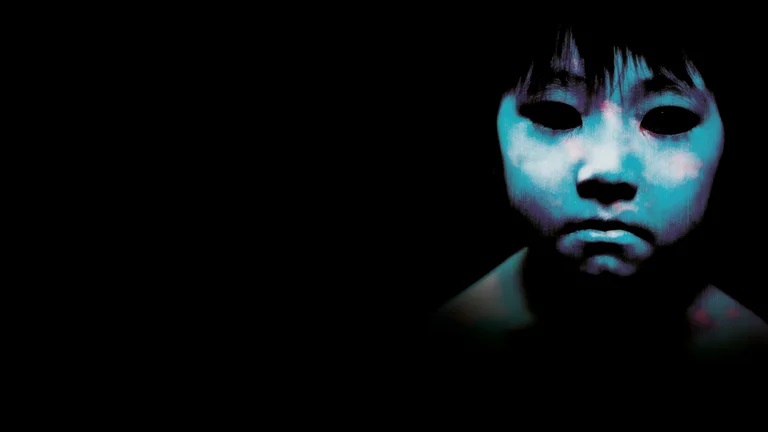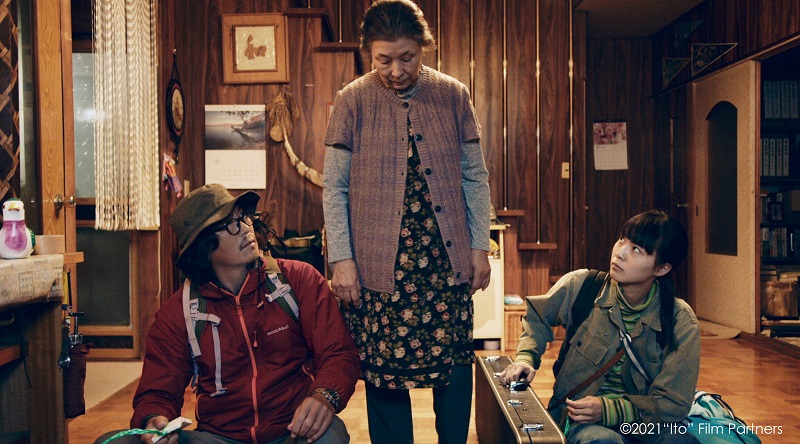The horror genre appeals to our fundamental fears of the unknown that act as a universal language, connecting audiences all over the world. Japanese horror films, in particular, have grabbed viewers’ attention worldwide with their distinct blend of supernatural themes, folklore, cultural narratives, and creepy imagery. The essence of Japanese horror not only reveals its popularity abroad but also wider themes and patterns that transcend cultures and nations.
Known as J-Horror, Japanese horror films are unique in exploring universal human experiences within Japanese society, folklore, mythology, and the environment in general. Many Japanese horror stories are built around themes like cultural norms, vengeful spirits and curses, isolation and alienation, psychological trauma, and moral ambiguity, among others.
Furthermore, vengeful spirits, known as onryo (as per Japanese literature and traditional beliefs), offer a paranormal component that cuts across cultural barriers, appealing to innate fears of the unknown and unresolved grievances. Stories of spirits who died violently or unjustly and returned as malicious ghosts pique the imagination of horror movie fans.
Consider the legendary film “Ju-on” (The Resentment), which explores the theme of persistent resentment appearing as malevolent spirits that wreak havoc on the living. Its story revolves around a cycle of violence fueled by unresolved hostility, resonating with cinema lovers worldwide. Similarly, “Ring” (Ringu) delves into the scary ramifications of modern technology through the cursed VHS cassette, demonstrating how terror may transcend time and space through interconnection.
What distinguishes Japanese horror is its ability to combine cultural uniqueness with universally understandable fears. Sadako’s iconic picture from “Ring,” with her terrifying presence and unsettling demeanor, reaches across nations and linguistic borders. The depiction of traditional Japanese folklore and societal fears adds levels of complexity to these stories, making them both culturally rich and universally relevant.
The successful international remakes of Japanese horror films demonstrate the genre’s global popularity. From “The Grudge” to “The Ring,” Hollywood adaptations have brought Japanese horror to a larger audience while keeping the key qualities that made the originals so fascinating. Despite cultural variations, the themes of revenge, supernatural terror, and existential dread are universal, crossing the divide between East and West.
Furthermore, the popularity of Japanese horror remakes demonstrates the genre’s potential to promote international awareness and admiration. By looking at the darker aspects of human nature through a cultural perspective, these films enable viewers to confront their fears and concerns in a shared cinematic experience. In a world increasingly separated by cultural differences, the fascination of Japanese horror reminds us of our shared humanity.
Overall, Japanese horror films offer a glimpse into the collective psyche of people, appealing to universal fears and desires while remaining culturally rooted. From malevolent spirits to cursed technology, these films cross borders, taking audiences on a trip into the depths of fear and mystery. In today’s globalized world, the fascination with Japanese horror exemplifies storytelling’s ability to link viewers across countries and continents.




